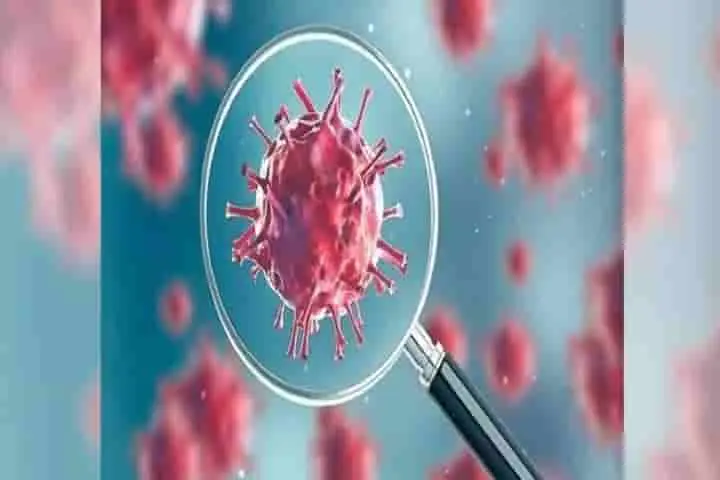A highly mutated Covid variant called BA.2.86 has given rise to fresh concern as it has been detected in five countries including Switzerland, South Africa, Israel, Denmark, the U.S. and the U.K., according to a Reuters report that cited a leading World Health Organization official.
The Omicron offshoot carries more than 35 mutations in key portions of the virus compared with XBB.1.5, which was the dominant variant through most of 2023.
Scientists are of the view that because of the large number BA.2.86 may be more capable of causing infection in people who have previously had COVID-19 or who have received COVID-19 vaccines.
It was first spotted in a patient in Denmark on July 24 and has since been detected in other symptomatic patients, in routine airport screening, and in wastewater samples in a handful of countries, according to a Reuters report.
However, some scientists are of the view that while it was important to monitor BA.2.86, it was unlikely to cause a devastating wave of Covid-19 as immunity has been built up worldwide from vaccination and earlier infections.
“It’s still low numbers,” news agency Reuters cited Maria Van Kerkhove, COVID-19 technical lead at the WHO as saying.
That the known cases are not linked suggests it is already circulating more widely, particularly given reduced surveillance worldwide, she said.
The U.S. Centers for Disease Control and Prevention issued a risk assessment of the new BA.2.86 variant on Wednesday.
There have been nine such cases detected as of Aug. 23 and the variant was also found in wastewater in Switzerland.
It appears that current tests and medications remain effective against BA.2.86, although the variant may be more capable of causing infection in vaccinated people and those who have had COVID previously, the assessment said. There is no evidence yet that it is causing more severe illness.
CDC has advised the following actions to protect yourself and others from infection:
- Get your COVID-19 vaccines, as recommended
- Stay home if you are sick
- Get tested for COVID-19 if needed
- Seek treatment if you have COVID-19 and are at high risk of getting very sick
- If you choose to wear a mask, wear a high-quality one that fits well over your nose and mouth
- Improve ventilation




















